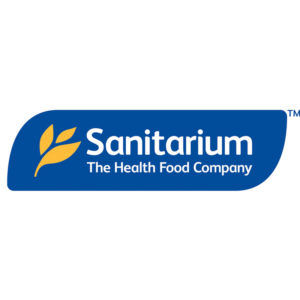High cholesterol is something most people associate with getting older, but you can have high cholesterol at any age. Early detection and treatment in people in their mid-twenties can mean a reduced risk of heart disease and even heart failure later in life.
Do you really need a cholesterol test before you’re 40?
Two recent studies highlighted the potentially life-saving benefits of early cholesterol checks. The first, in health journal The Lancet, linked “bad” LDL (low-density lipoprotein) cholesterol with a higher long-term risk of heart disease for people under 45. The call out by researchers was to know your cholesterol level from your mid-twenties so, if you get a high LDL cholesterol reading, you can take steps to keep it in check. The researchers believe treating people under 45 for high “bad” cholesterol could prevent one in eight women, and one in four men, from having a heart attack or stroke later in life.
The second, published in the Journal of the American College of Cardiology, found that if you had high LDL cholesterol during young adulthood, the risk of developing heart disease later in life was 64 per cent higher than those with healthier cholesterol levels.
Are there any warning signs for high cholesterol?
Unlike many health conditions, there’s no easy way to spot symptoms or warning signs that your cholesterol may be high. That’s why it can go undetected until you have a blood test, or in the worst case scenario, a serious health event like a heart attack.
What triggers high cholesterol?
A poor diet, smoking, not exercising enough and being overweight can all negatively impact your cholesterol levels. Other factors include genetics, having diabetes, getting older and a family history of high cholesterol.
Tips to help manage cholesterol
Curb discretionary foods. Cut back on discretionary foods including foods high in sugar, salt and fat such as cakes, pastries, biscuits, ice-cream and soft drinks.
Up good fats. Include healthy unsaturated fats in your everyday diet, from foods like avocados, nuts, seeds, and vegetable oils such as extra virgin olive oil, canola oil and flax seed oil, to vegetable-based spreads.
More veggies, soy, fibre. Include fibre-rich foods (wholegrains) in your diet every day. Also incorporate soy protein from sources such as soy milk and soy cheese, and increase your intake of fruit and veggies, aiming for five vegetable and two fruit serves each day.







